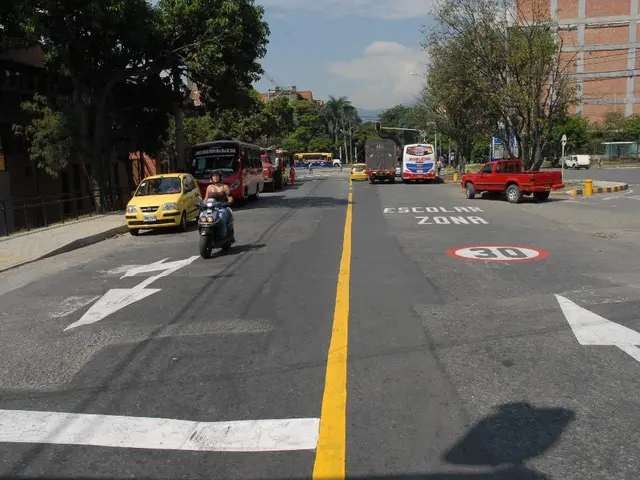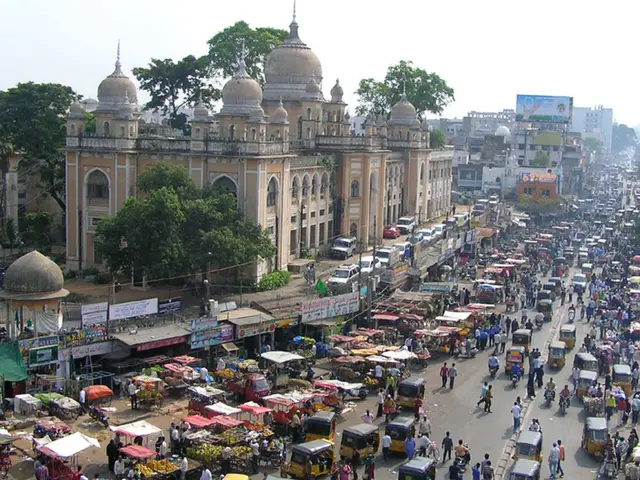Directive on Rolls Approved by SC Met with Editorial Approval
The Supreme Court of India has issued a directive to the Election Commission of India (ECI) to publish the details of over 65 lakh names deleted from the voters list in poll-bound Bihar, following concerns of mass exclusion and a lack of transparency during the Special Intensive Revision (SIR) exercise [4].
The court's order comes after around 65 lakh names were removed from Bihar’s draft electoral roll published on August 1, 2025, due to reasons such as death, permanent migration, or duplicate registrations [3][4]. The court emphasized that voters omitted during the SIR must be informed clearly and accessibly to enable them to challenge wrongful exclusions and help safeguard their right to vote [4].
The Supreme Court has directed that district-wise, booth-wise lists showing omitted voters by reason and searchable by Electoral Photo Identity Card (EPIC) number be publicly accessible on official websites and physically posted at local government offices for easy manual access [4]. Additionally, the court has directed the ECI to accept Aadhaar cards as valid identity proof for inclusion applications alongside other documents, expanding the ease of re-inclusion [4][2].
Justice Surya Kant, summarizing the court's rationale, stated that if a voter like “Poonam Devi” is omitted, she must know, so she can understand her deletion and take corrective action [4]. The court has also criticized political parties for not proactively assisting excluded voters to reinstate their names, highlighting an accountability gap in protecting voter rights [2].
The Election Commission has acknowledged the errors in the voters list and has tried to shift blame to booth level officers and political parties [1]. However, the court dismissed the ECI's argument that rules do not mandate publishing reasons for non-inclusion in draft rolls [5]. The burden of proof for removal from the voters list lies with the Election Commission, not the citizens [6].
The Election Commission now requires citizens to prove they are still alive to be included in the voters list [7]. This directive aims to uphold electoral integrity in Bihar's assembly polls by ensuring no eligible voter is disenfranchised without due information and opportunity to contest the deletion [4][3][2]. The court's order and comments aim to encourage the Election Commission to ensure the special intensive revision is an inclusive, not exclusive, exercise [8].
Several individuals declared dead by the Election Commission appeared alive in the Supreme Court [9]. The ECI published the draft voters list on August 1, removing 22.34 lakh names, stating they were deceased [10]. Together, these removals make almost eight percent of the total voters' list before the special intensive revision [11].
In sum, the Supreme Court’s direction aims to ensure transparency and fairness in the voters list revision process, safeguarding the right to vote for all eligible citizens in Bihar. The Election Commission must now take responsibility for conducting the Special Intensive Revision (SIR) in Bihar properly, with due diligence and accountability.
Read also:
- United States tariffs pose a threat to India, necessitating the recruitment of adept negotiators or strategists, similar to those who had influenced Trump's decisions.
- Weekly happenings in the German Federal Parliament (Bundestag)
- Southwest region's most popular posts, accompanied by an inquiry:
- Discussion between Putin and Trump in Alaska could potentially overshadow Ukraine's concerns








